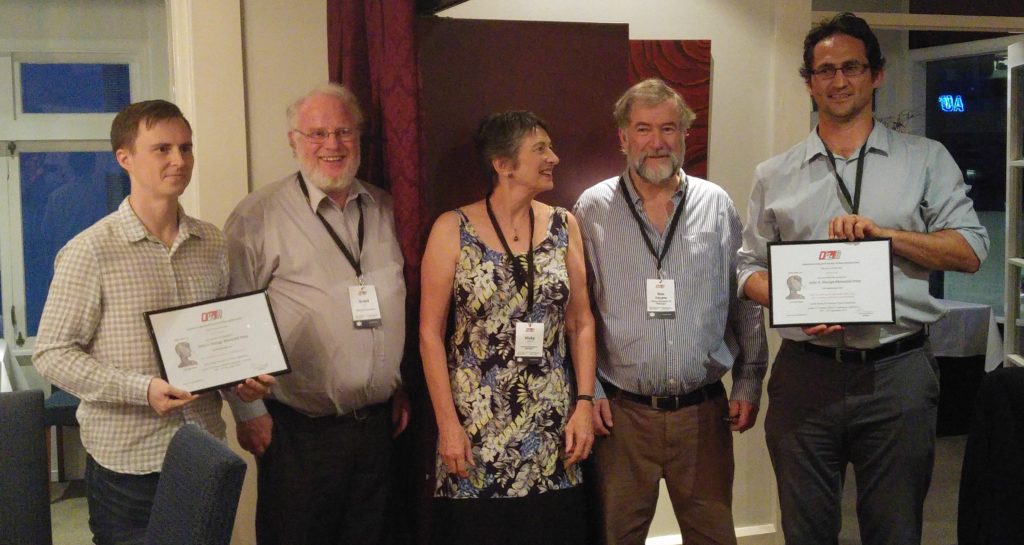The School of Management at Victoria University is hosting the following seminar on Thursday, 1 February 2017 from 12.30 – 1.30pm.
Title: Insights from a Simulation Model of Disaster Response
Speaker: Prof. Jose Julio Gonzalez from the Centre for Integrated Emergency Management, University of Agder, Norway
Location: RH207, Rutherford House, Pipitea Campus, Wellington
Disasters do not follow scripts and the literature strongly indicates that management of disasters requires the responder team to act as “emergent organization”.
The talk presents a system dynamics simulation model of the management of a major landslide that occurred 2005 in Norway as an outlier of Katrina. The model describes a disequilibrium-experimenting-emergence process, whereby the responder team manages the disaster as an emergent organization, proceeding from disequilibrium, to experimentation to self-organization.
A feedback analysis of the system dynamics model shows that a set of vicious reinforcing feedback loops caused by following standard organizational procedures initially increases errors in response. Eventually learning and sensemaking in an improvisation/experimentation process leads to new emergent dynamics, whereby the loops act virtuously.
We discuss to what extent the model can describe large scale disaster responses of different types and how it relates to the wider disaster response literature. We discuss what types of levers, such as policies and training, are available to decrease the vicious loops and speed the transition from errors to successful innovation.
Presenter: Jose Julio Gonzalez is Professor for Information and Communication Technology at the Department for ICT, University of Agder, Norway. He also was adjunct professor 2005-2017 at the Centre for Cyber and Information Security, NTNU Gjøvik, Norway. He has a doctor degree in natural sciences (mathematical physics) and a doctor degree in technology (polymer science). He has published in various areas of natural sciences, technology and social sciences. Since 1999, his areas of interest are security management, management of emergencies and critical infrastructure protection, where he has led and cooperated successfully in various international projects. He led the project “A Model-based Approach to Security Culture (AMBASEC)”, running 2005-2010, concerned with protection of Norwegian offshore oil & gas infrastructure. In addition, he has participated as PI in several EU projects funded by CIPS, FP7 and Horizon2020. Currently he acts as scientific coordinator for the EU Horizon2020 project Smart Mature Resilience http://smr-project.eu/home/. During the last two years he has collaborated with Auckland University of Technology in a project targeting Disaster eHealth. He was founding director of the Centre of Integrated Emergency Management (http://ciem.uia.no) at the University of Agder 2011-2014. Dr Gonzalez was awarded the Research Prize from the Agder Academy of Science and Letters in 2012 for his research on Critical Infrastructure Protection, crisis and disaster management and security.
This will be followed by refreshments.
ALL WELCOME
Any queries please email: [email protected] or [email protected]


